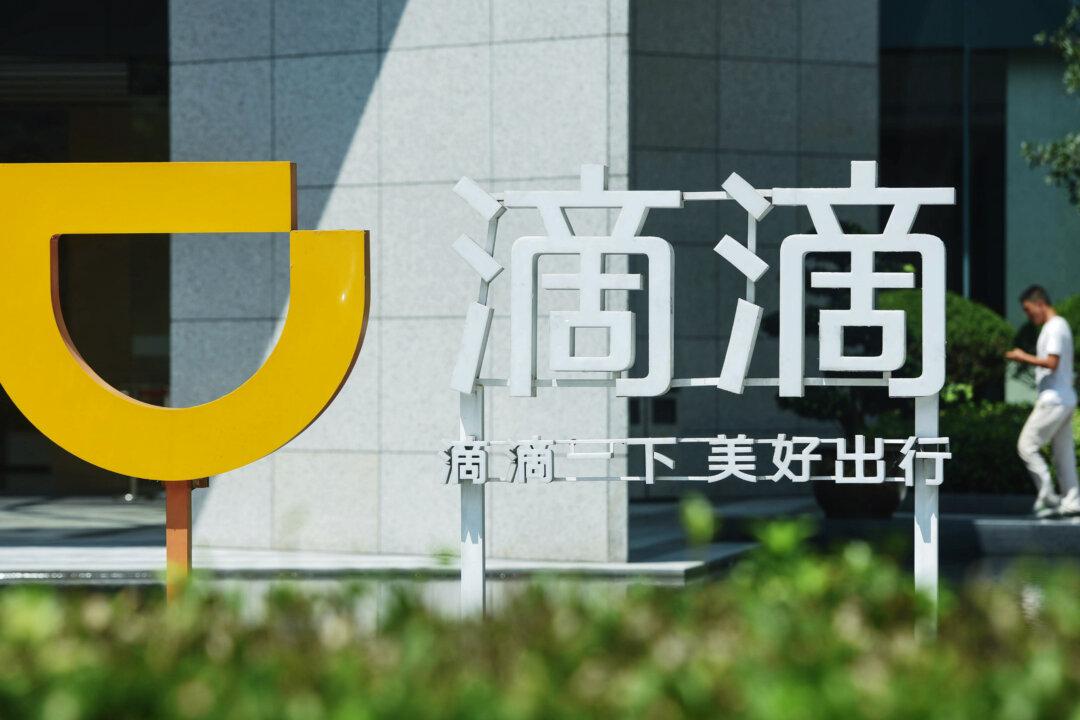Commentary
After a tumultuous period for U.S.-listed Chinese companies, many U.S. investors are finally concluding that Chinese companies aren’t worthy of a place in their portfolios.

After a tumultuous period for U.S.-listed Chinese companies, many U.S. investors are finally concluding that Chinese companies aren’t worthy of a place in their portfolios.